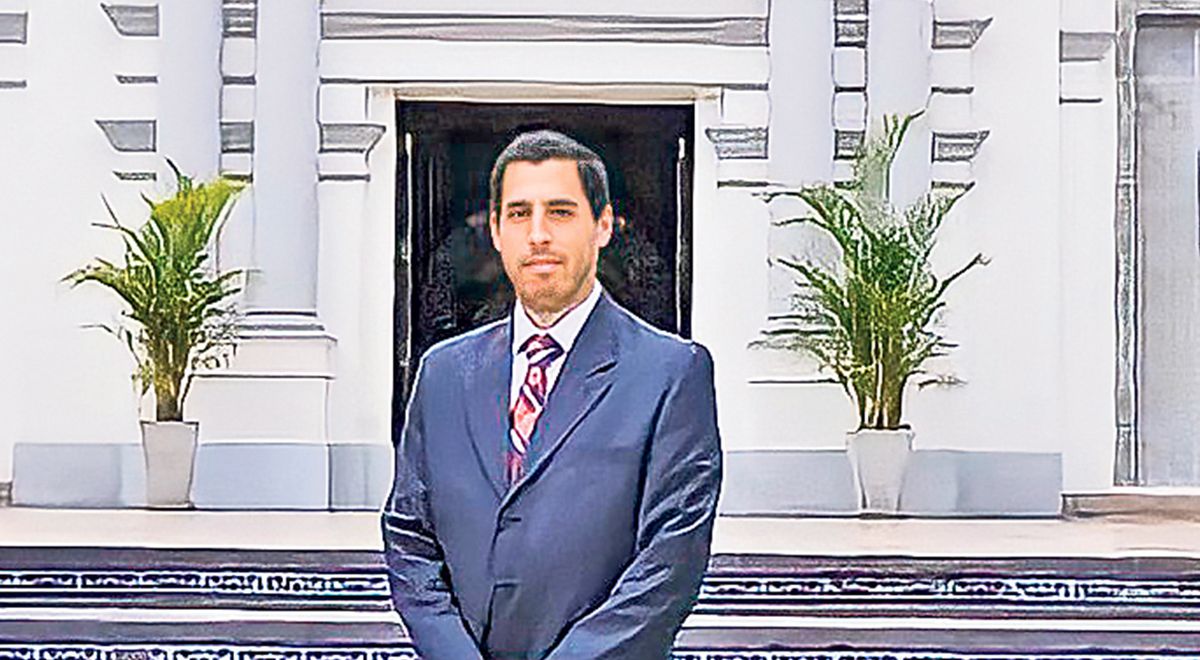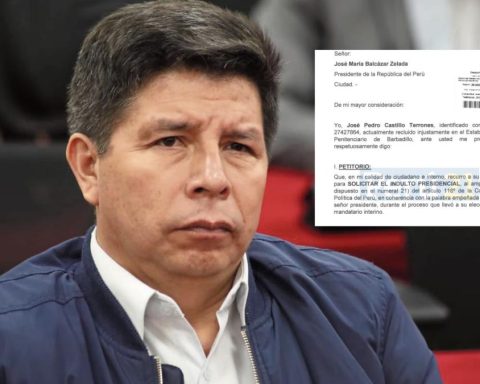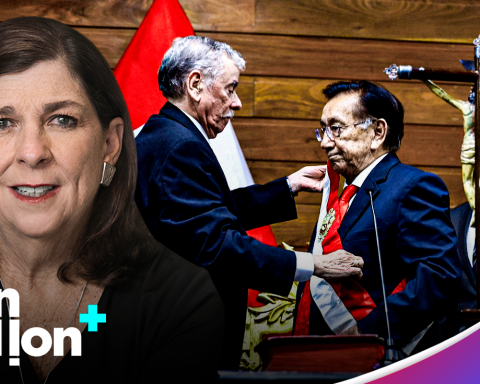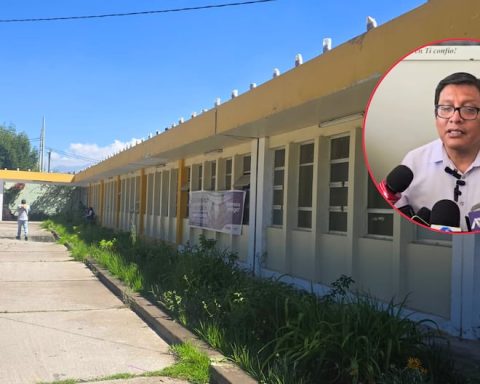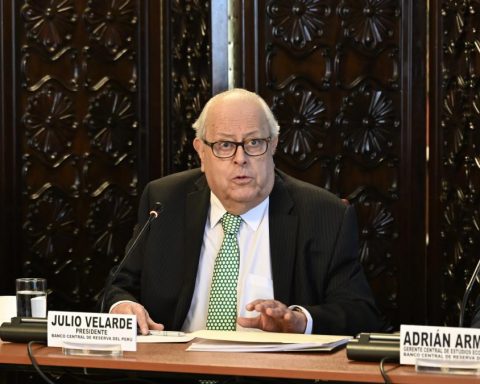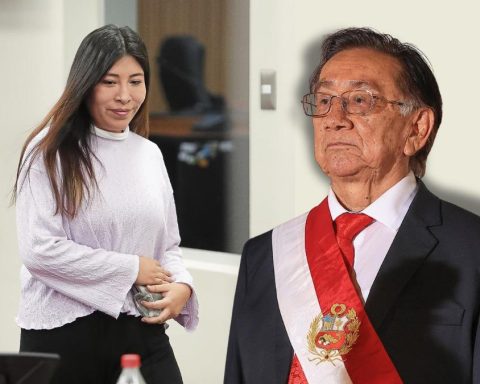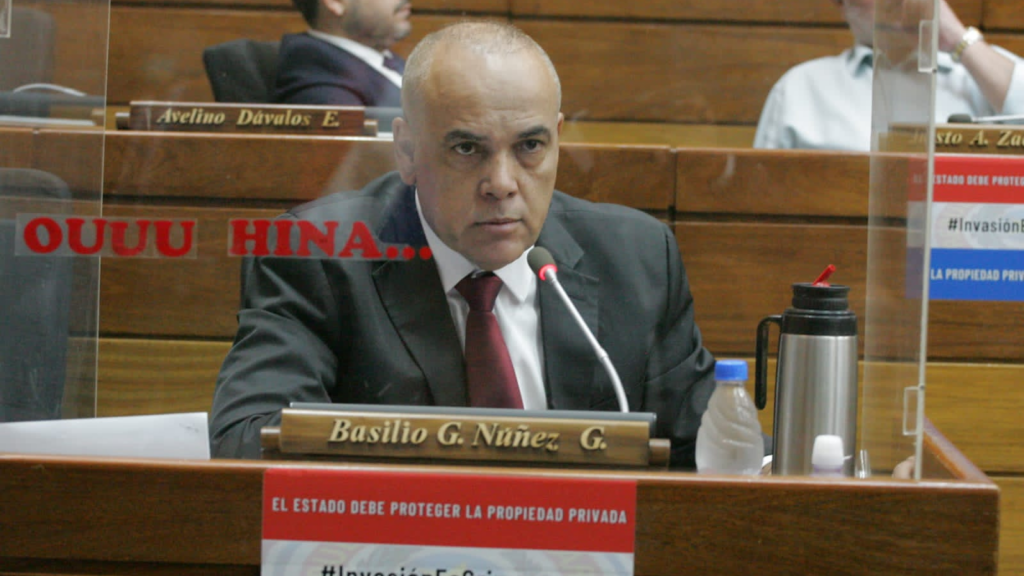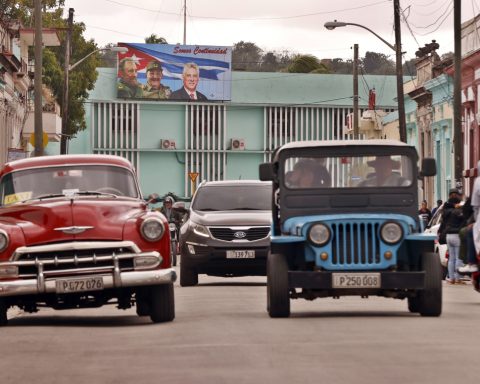In an interview given to Canal N, the supranational prosecutor, Carlos Reano, gave his first statements regarding the pronouncement of the Inter-American Court of Human Rights (IACHR), in which Peru is ordered not to abide by the opinion given by the Constitutional Court (TC), that granted freedom to the prisoner Alberto Fujimori.
In line with the case, attorney Reaños pointed out that he and his team took the position of the Peruvian State before the Inter-American Court. In addition, he added that they did not have a position in relation to the TC, the Judicial Power or the Executive Power.
“The defense that had to be carried out in the supranational sphere was of the Condition as a whole. Therefore, that was the position, and finally we were going to comply with what the Inter-American Court of Human Rights ordered, stating that in the domestic sphere, the judgments of the constitutional Court they have to be fulfilled. However, not even the sentences of the TC can stop being subject to a control of conventionality and adapt to supranational treaties or the sentences of the IACHR”, indicated the prosecutor, in relation to the sentence given in 2018 by the Court and that annulled the presidential pardon of 2017.
It should be noted that Among the arguments given by the Inter-American Court in the resolution issued on April 7, Emphasis was placed on the failures that the TC sentence had in line with the main points on which the restoration of the pardon to the former dictator was based. In total, the supranational body found nine important shortcomings in the document, related to the prisoner’s health conditions and violations of his rights.
In this sense, when asked if the correction of these aspects could lead to Fujimori’s release, Reaños pointed out that the order of the Constitutional Court would not have taken into account the considerations given by the IACHR in 2018, Therefore, it would be necessary to analyze first the crimes for which Alberto Fujimori is in prison and observe whether it would indeed be appropriate to grant the humanitarian measure.
YOU CAN SEE: Luque after resolution of the Inter-American Court: “State must comply with its international commitments”
“The Court indicates that the TC did not analyze the compatibility of the pardon for humanitarian reasons precisely with the resolution of May 2018 and, within this framework, it was to be expected, indicates the IACHR, that the Court within this process that had to evaluate habeas corpus, analyze and take into account the nature of the crimes for which he had been convicted former president Fujimori and that this would not have necessarily been observed in the sentence of the constitutional body”, declared Reaño.
In this regard, the Inter-American Court has asked the Peruvian State to present, no later than May 13, 2022, a report on compliance with the aforementioned 2018 ruling, in relation to the effectiveness of the sentence for the cases of Barrios Altos and La Cantuta, in order to evaluate the judicial criteria regarding the conviction of Alberto Fujimori.
YOU CAN SEE: Fujimori’s lawyer on the decision of the Inter-American Court: “We have no choice but to comply”
However, according to Reaño, this does not mean that an eventual release of the prisoner is not plausible, but rather that in relation to sentences related to crimes against humanity is the judicial aspect (the charges) that prevails, unless the Peruvian justice determines that the accused is in a precarious health situation, which must be fully supported by the doctors appointed for this task.
Meanwhile, until this criterion is adequately substantiated and the observations made by the Inter-American Court of Human Rights, the Peruvian State must abide by the order given by the supranational court so far. In other words, he must keep the former dictator in prison, since proceeding otherwise would imply violating an international resolution.
